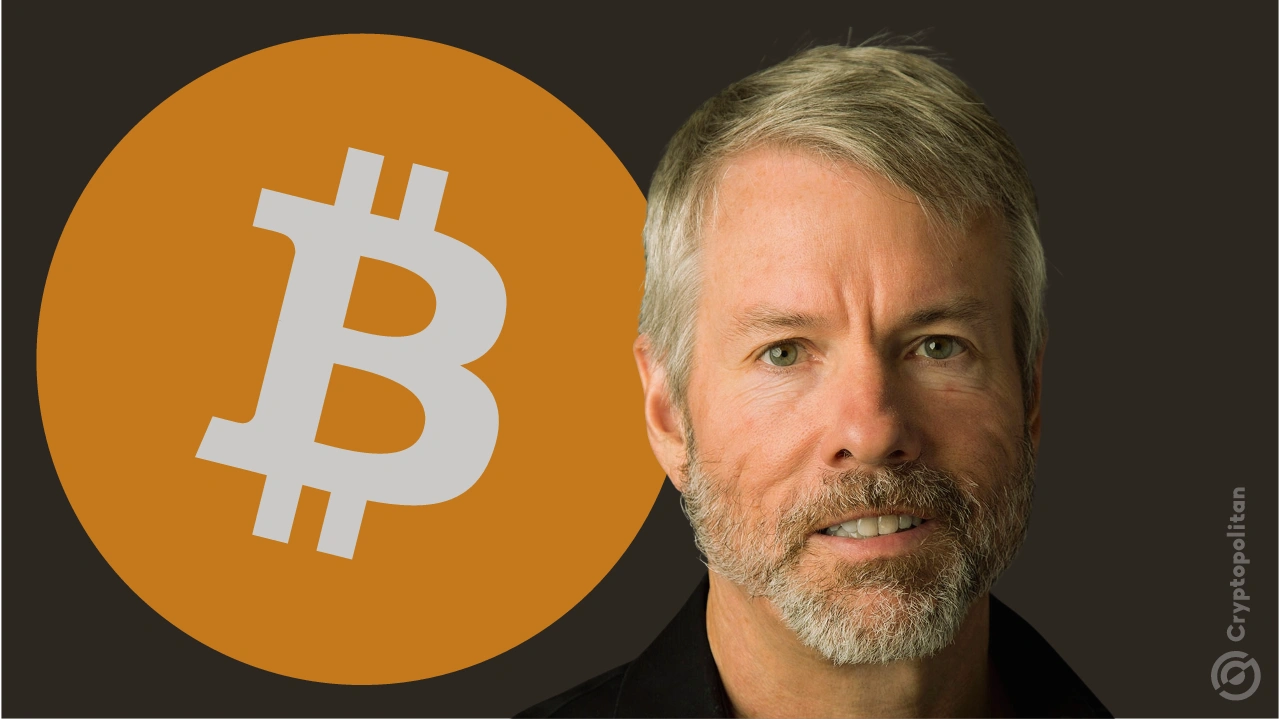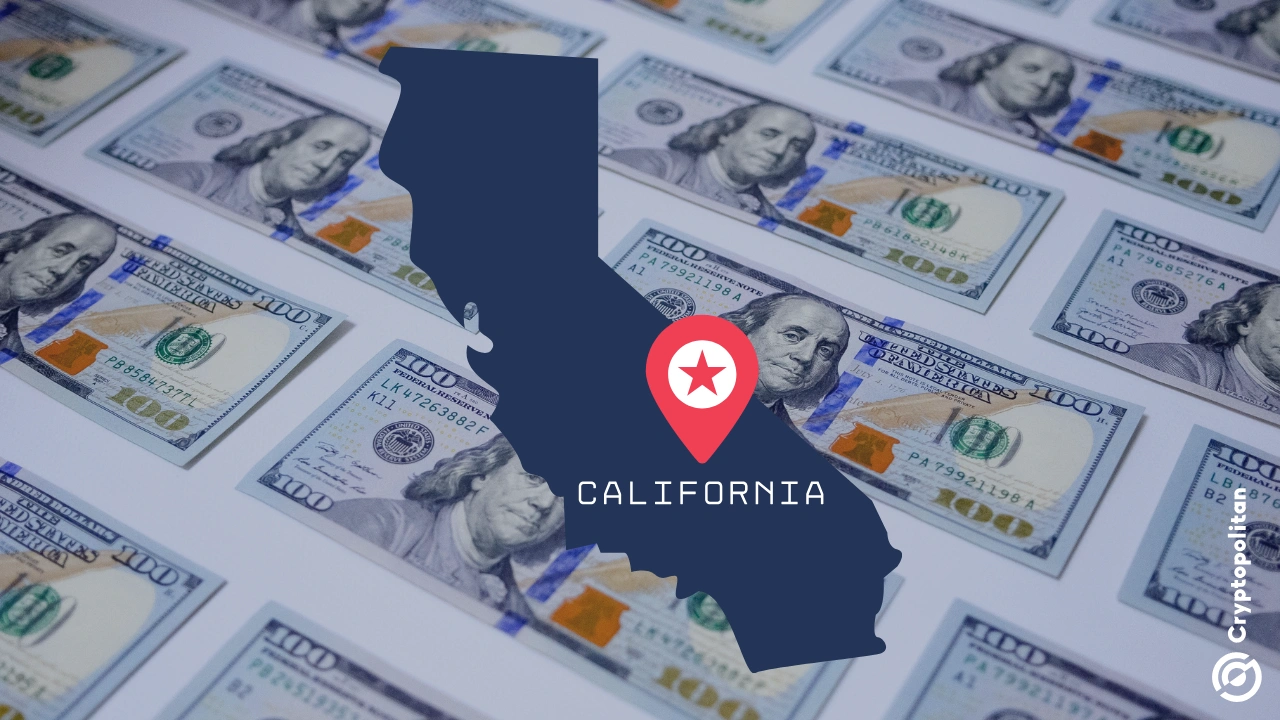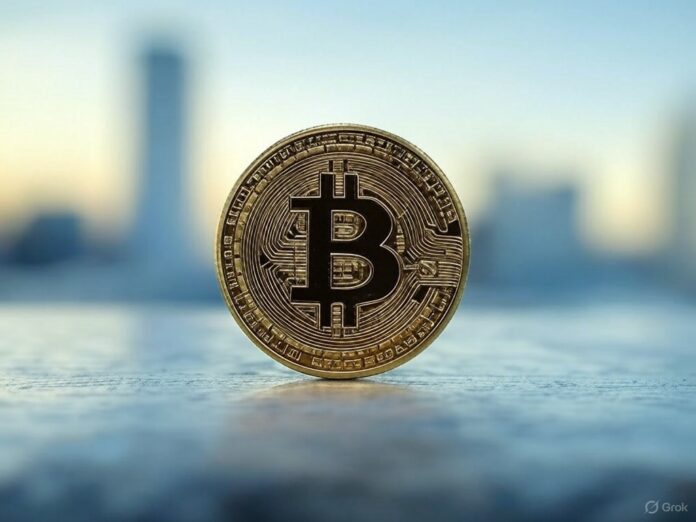As countries around the world try to bargain with U.S. President Trump over tariffs, long-time rival Iran is selling him its sanctioned economy, calling it an investment opportunity.
As Iran and the United States show signs of progress on negotiations over its nuclear activities,For the first time in decades, senior Iranian officials publicly marketed its economy to the White House to ensure a lasting, more effective nuclear deal.
If Trump wants a deal that is more favorable to the United States than the one he abandoned in 2018, then the Iranians also want to fight for a better deal for their own country.
Tehran's Supreme Envoy Abbas Araghchi wrote in a column in the Washington Post last week,The new nuclear deal could allow U.S. companies to enter the world's largest oil andnatural gasThe country of reserves, he claims it is a "trillion dollar" economic opportunity.
Ellie Geranmayeh, director of the MENA project at the European Foreign Relations Council, said: “Say there is a trillion-dollar opportunity, not a catastrophic war worth trillions of dollars,It's a way to attract President Trump to a deal。”
This strategy is exactly the same as Russia's strategy when ending the Ukrainian conflict and the United States negotiated.
Transforming U.S.-Iran relations from hostile to economic cooperation will be a daunting task, but it has the potential to help resolve conflicts that have kept the Middle East security vulnerable for decades.
The United States has imposed sanctions and trade embargoes on Tehran since the Islamic Revolution and the Iran hostage crisis in 1979.
As a theocracy, Iran defines itself as a bastion of resistance to U.S. influence in the wider Middle East, with its nuclear activities and anti-Israel policies as the main sources of tensions.
Aragic said his country's nuclear program itself could become a target for U.S. investment, representing "potential contracts of tens of billions of dollars."“The Iran market alone is enough to revive the US’s troubled nuclear industry,” he said on X last week.
A U.S. State Department spokesman said in response to Bloomberg's inquiry that Trump is well aware that Iran cannot possess atomic weapons. The spokesperson added that it is not in the U.S. national interest to openly negotiate such issues.
"We do not confirm or deny the details of the ongoing negotiations," a spokesperson for the White House National Security Council said.
Trump has previously talked about Iran's economic potential. Earlier this year, Bloomberg reported that he asked Russian President Putin, an ally of Iran, to help facilitate talks with Tehran.
"I want Iran to flourish. I don't want to do anything to hurt anyone, but Iran cannot have nuclear weapons. We don't want to take their industry or land," Trump said this month.
Iran's supreme leader Khamenei barely approved the Obama-era nuclear deal that year, which Trump later abandoned. Iranian President Pezekiziyan said he believes there is no reason for U.S. investors not to spend their money in the Islamic republic.
For Iran, the stake in negotiations can be said to be far higher than that of the United States. Trump threatened that he would bomb the nuclear facility if Tehran did not accept the agreement. In addition, Israel went to war with Iran-backed Hamas in Gaza last year and bombed Hezbollah, which greatly weakened Iran's regional influence. Another ally of Tehran, former Syrian President Assad, was overthrown in December.
Khamenei's hardliner supporters seem to coincide with Aragic's attitude towards Washington.This shows that the theocratic institutions are under pressure to resolve the economic crisis, which is expanding their general unpopularity at home.
"They don't have much of their cards in negotiations, and they are not as threatening as they were a few years ago, and their agents have lost a lot of influence. They are trying to say to the United States: You can benefit from deals with us, and we are open to your company's investments."
Although the 2015 nuclear agreement suspended a series of second-level restrictions in the United States, it did not lift the first-level sanctions, and the U.S. Treasury Department continued to ban the U.S. direct investment in the Iranian economy. After Trump abandoned the deal, he adopted a tough move called "maximum pressure" to reimpose sanctions, and even more forcefully, including banning other countries from buying oil from the OPEC member state.
Iranian oil exports declined, foreign companies withdrew, currency depreciation - Since 2018, the Iranian currency has depreciated by nearly 90% against the US dollar. Last winter, Iran faced a fuel and electricity crisis. Oil and gas officials are trying to attract foreign capital to cover what they say is the $135 billion it needs to repair the energy industry.
Falakshahi said:This will be one of the latest huge opportunities for global oil and gas companies,” he added that the financial terms Iran provides to foreign companies will be crucial.
There are some other major obstacles to investing in Iran. These barriers include corruption, the serious impact of the state on the economy and an isolated banking system that lags behind international lending standards. U.S. companies investing in Iran may also face counterattacks from anti-Iran hawks in Washington and Israel.
Bijan Khajepour, managing partner and economist at consulting firm Eurasian Nexus Partners, saidIran's goal this time is to "removal of major sanctions and pave the way for the country's economic and technological development."
Trump's original vision was to reach a new deal that would limit Iran's support for its agents and even limit its missile programs. But a recent public statement shows that he has narrowed his goal to ensure Tehran will never develop nuclear weapons.
Give the United States a chance to become an investor in Iran's nuclear field, a way to assure Washington of this goal, while also reducing the possibility of the U.S. government giving up any agreement in the future.
However, Jelanmayer of the European Foreign Relations Commission said that while unprecedented levels of access to Iran's economy may sound attractive to Trump and can solve some of Iran's problems, it requires huge political commitments and changes from the Islamic Republic.
"To lift all major sanctions in the United States and legal restrictions on trade, you need a transformative approach. It will require a huge effort from Iran and a strong push from Trump," she said.
















No comments yet